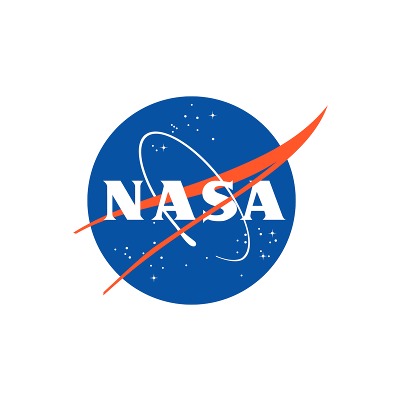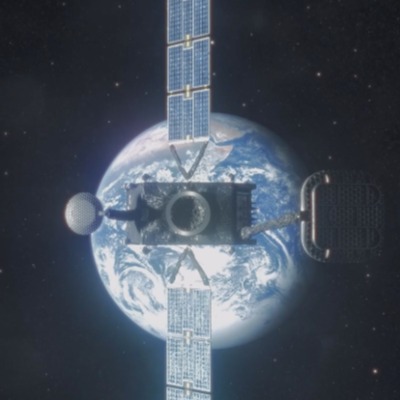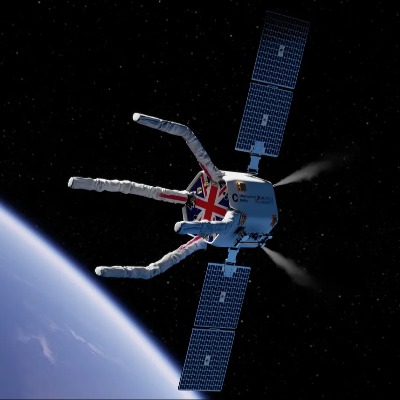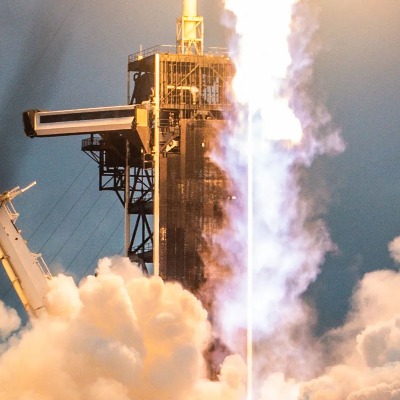Russia Charts Course For New Space Station: Launch Begins In 2027
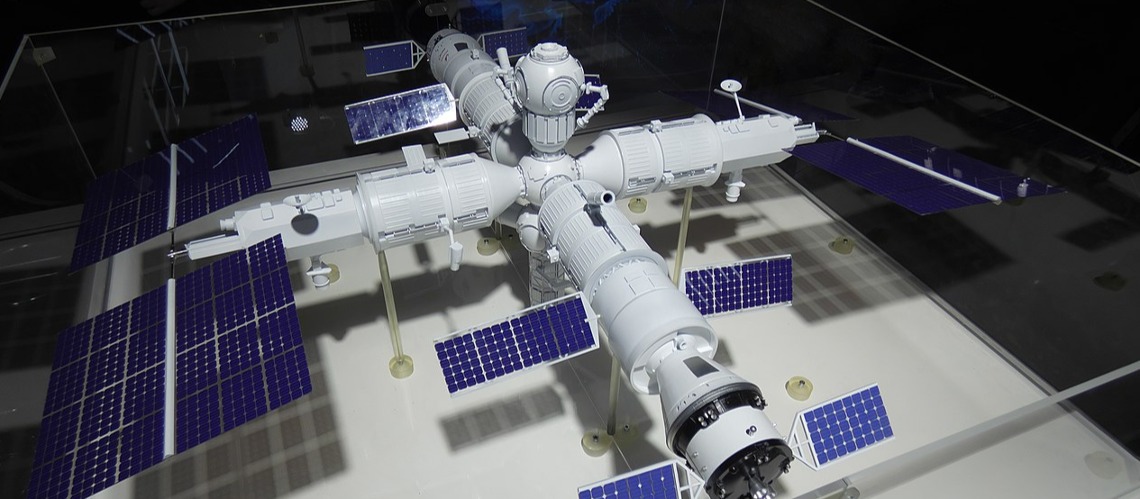
Russia has outlined a comprehensive roadmap for constructing its next-generation space station, aiming for a first launch by 2027. This ambitious project signifies the country's intent to maintain a strong presence in space exploration even after its planned departure from the International Space Station (ISS).
The new space station, currently known as the Russian Orbital Service Station (ROSS), will be built in phases over several years. The initial launch in 2027 is expected to deploy a science and power module, forming the core of the station. Subsequent launches are planned to add additional modules for habitation, research, and docking capabilities, culminating in a four-module configuration by 2030.
"This project underscores Russia's unwavering commitment to space exploration," declared Dmitry Rogozin, Director General of Roscosmos, the Russian space agency. "ROSS will provide a vital platform for scientific research and technological advancements, ensuring our nation remains a leader in the spacefaring community."
The decision to build ROSS stems from Russia's desire to have its own independent space station following its anticipated withdrawal from the ISS program. The exact timeline for Russia's departure from the ISS remains uncertain, with current estimates ranging from 2028 to 2030.
The success of ROSS hinges on the development and deployment of Russia's next-generation Angara A5 heavy-lift rocket. This powerful launch vehicle is crucial for transporting the station's modules into orbit. While the Angara A5 has undergone successful test flights, a partial failure in 2021 underscores the need for continued development to ensure its reliability.
ROSS is planned to operate in a near-polar orbit, offering unique advantages for Earth observation compared to the ISS's lower inclination. This vantage point could be beneficial for studying the Earth's polar regions and monitoring the strategically important Northern Sea Route.
The construction of ROSS represents a significant undertaking for the Russian space program. While the project holds the promise of scientific discovery and technological innovation, its success hinges on overcoming technical hurdles, managing costs, and maintaining international cooperation in the ever-evolving landscape of space exploration.

